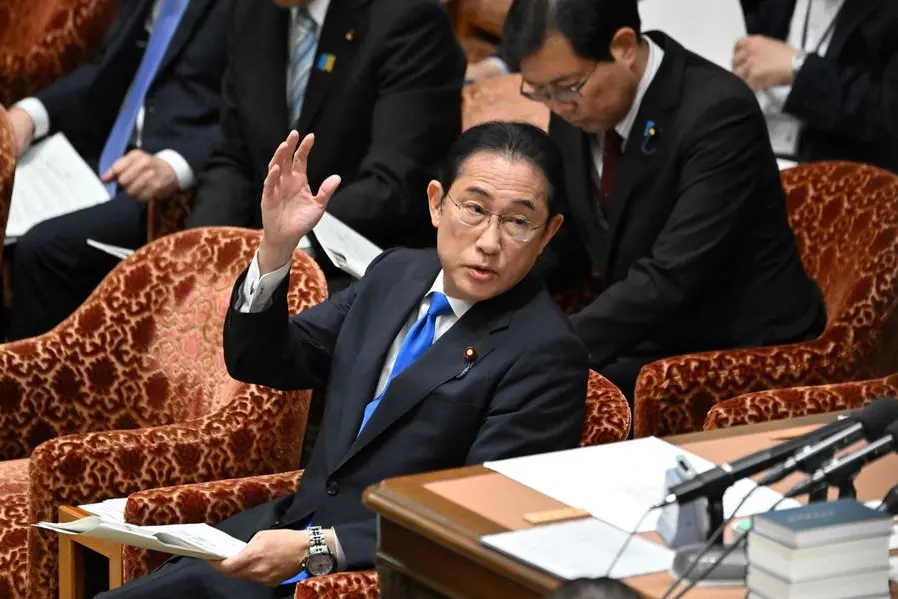PHOTO
Japan's parliament on Friday enacted new laws to replace a foreign trainee programme with a new system that encourages workers from abroad to stay longer, as authorities look to address the serious labour shortage created by the country's demographic crisis.
Japanese news agency Kyodo News reported that the revised laws also include a new measure that allows the government to revoke permanent residence status for foreigners who deliberately fail to pay taxes or social insurance premiums.
The laws will take effect within three years of their promulgation in a landmark shift in Japan's policy on accepting foreign workers.
The new system explicitly states that it is designed to foster and secure foreign talent and to help inexperienced workers acquire skills needed to transition to the specified skilled worker scheme over three years.
It replaces the Technical Intern Training programme, which has been in place since 1993 to ostensibly develop the technical skills of foreign workers from developing nations.
Workers will now be able to change their workplace within the same industry under certain conditions, provided they have worked in one place for over a year and their Japanese language and professional abilities meet certain requirements.
As of the end of 2023, trainees under the technical internship programme rose 24.5 percent from a year ago to about 404,000 people, according to the Immigration Services Agency.
The number of specified skilled foreign workers was up 59.2 percent to around 208,000, of whom just 37 were holders of the No. 2 visa, agency data showed.
Japan's foreign population hit a new high of over 3.4 million in 2023, while the number of Japanese citizens fell by 595,000 people from a year earlier to 124,352,000 as of 1st October, declining for the 13th straight year.
The legislation passed the House of Councillors, with the backing of the ruling Liberal Democratic Party and its junior coalition partner Komeito party as well as some oppositions, after clearing the House of Representatives last month.





















